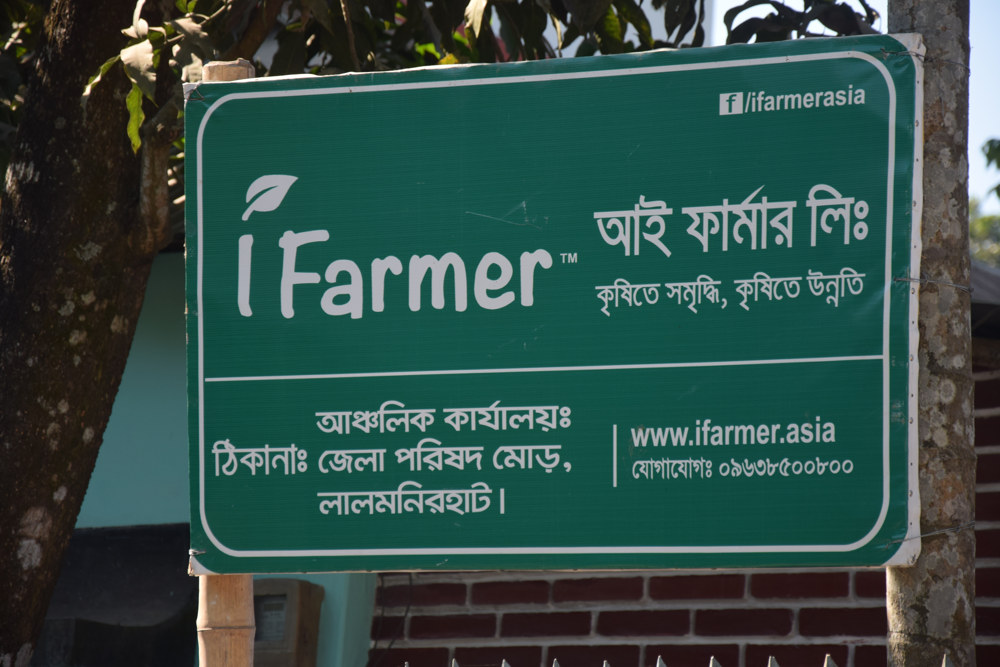
The journey of iFarmer from an initially failed idea to a successful pivot to product-market-fit is a textbook case of how ideas evolve and how the tenacity of founders contributes to the eventual success of startups.
In this story, we hear the founding story of iFarmer from co-founder and CEO Fahad Ifaz. The story is an excerpt from our interview with Mr. Fahad published in March.
The path to product-market-fit is often a circuitous one. You need to have the courage to take the plunge and change when you hit the wall.
“We started iFarmer as a side project in 2018. The first business model was to create an Uber for Urban Farming. We created a platform where people could lease their houses or factory rooftops for farming. We ran the platform for a few months. Tried a few things. After about 6 months of trying, we realized that it is not scalable. There are challenges with getting rooftops in Dhaka city, where more and more people are moving to apartments and it’s difficult to get consensus on how to manage those apartment rooftops.
Then in August 2018, we pivoted to our current model. This was largely motivated by my 10 years of experience working at the Bottom of the Pyramid, particularly with the farmers and other agriculture value chain actors.”
A successful launch is generally a coming together of many things - the right team, domain knowledge, willingness to learn, support, etc.
“We focused on getting the right team in place. We identified the skills that we require in the team, and reached within our network to find people with the necessary skills. But we also needed people who would believe in the vision of the company.
The second step was for the whole team to go through a very steep learning curve. We did not want to know everything about agriculture finance, or supply chain, or investment in general. We just wanted to learn enough to get us going. Because we believed in evolving and iterating the model as we learn, adjust and move forward.
During our early days, we also had support from Startup incubators such as Toru, where Saif bhai from Toru helped us with strategic advice.”
Every business model has many complex aspects to it. As a founder, you should always be able to figure out what is the core piece of your business model.
“iFarmer offers farm assets as an investment opportunity for retail middle-income investors. They can invest through our website and soon-to-be-launched app, get a regular update on their investment, reinvest, cash out, etc.
On the backend, we onboard farmers who can absorb these investments. We have field facilitators and iFarmer agents to conduct the onboarding. Initially, it was done through a manual process but now we are moving to a tech-enabled service where the farmers themselves or with the help of our iFarmer agents and field facilitators can create their profile, apply for finance, and so on.
At the core of iFarmer is data. We collect almost 40 data points from each farmer to understand the risk factors, their socio-economic behavior, and most importantly farming outcomes. We intend to connect this data to offer more services to the farmers, such as farm input, insurance, banking products, and so on. We are already connecting the farm outcome or harvesting data to work on an efficient b2b supply chain.
We are also building the tech and business model to support the big players such as banks and NBFIs to be able to finance different actors in the agriculture value chain.”
Explore the iFarmer company page here.
